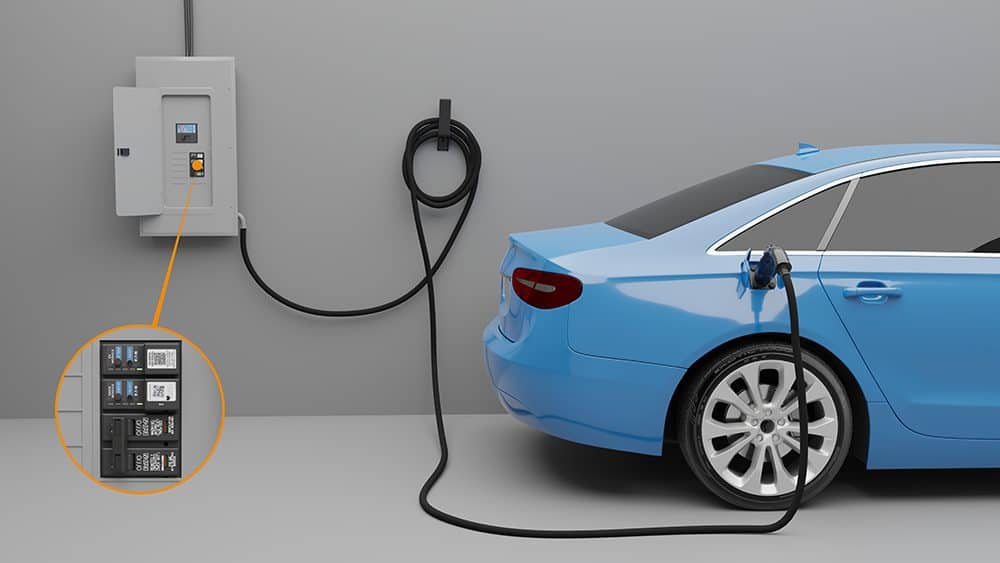Install Electric Car Charger in Garage. As electric vehicles become an integral part of the automotive landscape, the convenience of charging at home is a game-changer for many owners. In this guide, we’ll explore the process and benefits of “Install Electric Car Charger in Garage,” providing you with the insights needed to make your home a charging hub for your electric vehicle.

A Seamless Transition: Install Electric Car Charger in Garage
Making the decision to install an electric car charger in your garage is a significant step towards maximizing the convenience and efficiency of your electric vehicle ownership. Let’s delve into the key considerations and steps involved in this process to make the transition seamless.
Understanding the Basics of Electric Car Charging
- Home Charging vs. Public Charging While public charging stations are widely available, home charging provides the convenience of charging overnight, ensuring your electric car is ready to go each morning.
- Benefits of Garage Charging Installing a charger in your garage offers protection from the elements, increased security, and the ability to charge at your convenience without waiting in line at public charging stations.
Choosing the Right Electric Car Charger for Your Garage
- Level 1 Chargers Level 1 chargers are standard household outlets (120 volts) and are the most basic form of electric car charging. They are suitable for overnight charging but may have slower charging speeds.
- Level 2 Chargers Level 2 chargers (240 volts) provide faster charging speeds, making them a popular choice for home installations. They require professional installation but are more efficient for daily charging needs.
Preparing Your Garage for Installation
- Electrical Panel Assessment Ensure your home’s electrical panel can accommodate the additional load of an electric car charger. If necessary, consider an upgrade to prevent overloading the system.
- Garage Space Considerations Assess the available space in your garage for the charger installation. Consider factors such as proximity to the electrical panel, ease of access, and cable management.
DIY vs. Professional Installation
- DIY Installation Some electric car charger installations may be suitable for a DIY approach, especially for Level 1 chargers. However, Level 2 installations often require professional expertise to ensure safety and compliance.
- Professional Installation Hiring a licensed electrician for installation provides peace of mind, ensuring that the charger is correctly wired, compliant with local codes, and safe for long-term use.
Navigating Local Regulations and Permits
- Local Codes and Regulations Check with your local authorities to understand any specific codes or regulations related to electric car charger installations. Compliance is crucial for safety and legal reasons.
- Permitting Process In some areas, a permit may be required for electric car charger installations. Familiarize yourself with the permitting process and ensure all necessary approvals are obtained.
Cost Considerations and Financial Incentives
- Installation Costs The cost of installing an electric car charger in your garage can vary based on factors such as charger type, electrical panel modifications, and professional installation fees.
- Financial Incentives Explore available financial incentives, such as tax credits or rebates, offered by local governments or utility companies to offset the cost of installing a home electric car charger.
Conclusion: Charging Ahead at Home
Installing an electric car charger in your garage is a transformative step towards seamless electric vehicle ownership. By understanding the process, choosing the right charger, and ensuring compliance with local regulations, you can create a dedicated charging space that aligns with your lifestyle. As the electric vehicle revolution continues, having the ability to power up at home adds a new level of convenience and sustainability to your daily routine.